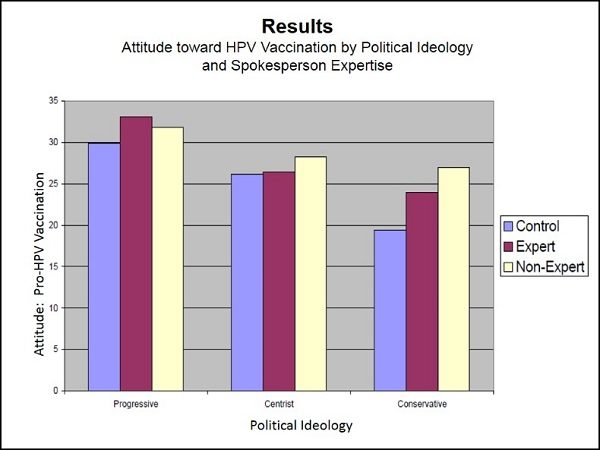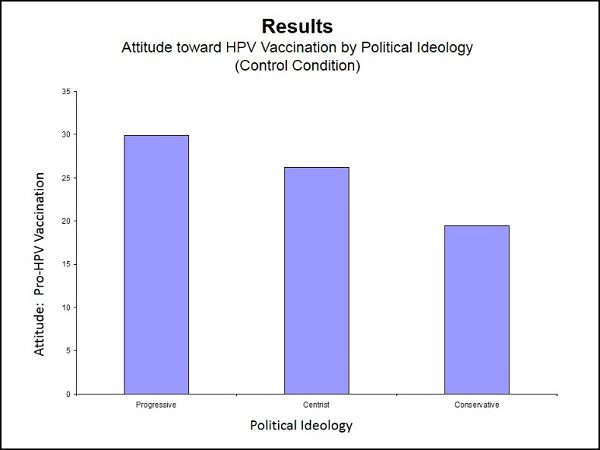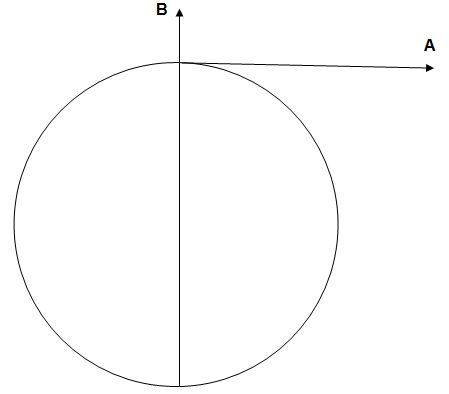Home » Posts tagged 'teaching'
Tag Archives: teaching
Living on Auto Pilot
A few years ago, the company I was working for moved its offices from Troy NY to Albany NY.
To get to the new offices, I needed to stay on Route I-90 all the way to exit 1 (I-87) instead of getting off at exit 7 (I-787), the turn-off for Troy, which I had been taking every day for several years.
In the first week after the move, I got off at the wrong exit four out of five times.
I got off at exit 7 three times, heading to my old offices. The other wrong time, I resisted the temptation to get off at exit 7, but still screwed up. Instead of staying on I-90 all the way to exit 1, I got off at exit 2 and headed toward a popular shopping mall I have visited many times.
In describing my navigation difficulties to my marketing class that week, I claimed it was evidence that people spend much of their supposedly conscious lives operating on Auto Pilot.
The second week, I only took the wrong turn twice. (Apparently I was still, even at my advanced age, capable of learning.) The following week, I again found myself traveling north on Route 787 when I should have been going west on Route I-90, and a few conceptual puzzle-pieces snapped into place.
The way our brains learn, consciously and unconsciously, has a profound influence on the whole spectrum of human behaviors, and every part of this puzzle should be of interest to people interested in marketing, advertising and persuasion. I could write about this for the next 50 years without running out of ways to entertain myself.
And I plan to.
I believe we spend most of our conscious hours engrossed in one or another kind of thought-activity while leaving control of our moment-to-moment actions on auto pilot. I don’t think we could survive if we didn’t.
Our auto pilots are so unobtrusive that few people ever give them a thought. Even when they lead people astray, as mine did when it took me to Troy instead of Albany, it is often just chalked up to “not paying attention.”
That’s another major issue for my next 50 years: who (or what) decides what I am going to pay attention to? How much of that decision do I leave up to my auto pilot?
The more I reflect on how much of my moment-to-moment behavior is under my conscious control versus on auto pilot, the more I realize that I am not just mostly ON auto pilot… I mostly AM my auto pilot.
As I understand things now, the person I present to the world is largely the stuff my auto pilot does automatically while I am thinking about something else.
That doesn’t mean my life is necessarily out of control—although if I don’t pay attention to the care and feeding of my auto pilot, it could well turn out that way. In fact, some people achieve great success through careful, systematic interaction with their auto pilots.
We all start our lives teaching our auto pilots the ropes of human living—how to relate the perceptions of our senses to the world around us. How to walk and talk and understand language. How to hold our forks and chew our food. How to find our way home. But we do this unconsciously. We don’t even need to know our auto pilots exist.
World-class musicians are one group of people who achieve success by learning how to consciously train their auto pilots. Elite athletes are another.
They have discovered that through systematic practice, their auto pilots can learn to perform incredibly complex behavioral routines that no one could hope to accomplish through a process of conscious decision-making.
Imagine asking someone who had never seen a piano to sight-read a Chopin waltz. Imagine asking a beginning skier to try negotiating the Olympic Giant Slalom course. These are things that can only be accomplished with highly trained auto pilots.
To be fully functioning humans, we owe it to ourselves to learn all we can about our auto pilots, and what we can do to help our unconscious behavior controllers perform in ways that can better accomplish our conscious objectives.
And the same goes for us as marketers. We need to learn how to train our customers’ auto pilots too.
SUGGESTED READING:
For more insights into the ways our auto pilots shape how we behave and what we pay attention to, here’s a reference I cannot recommend strongly enough: Wilson, T.D. (2002) Strangers to ourselves: Discovering the adaptive unconscious. Cambridge, MA: Belknap Press of Harvard University.



